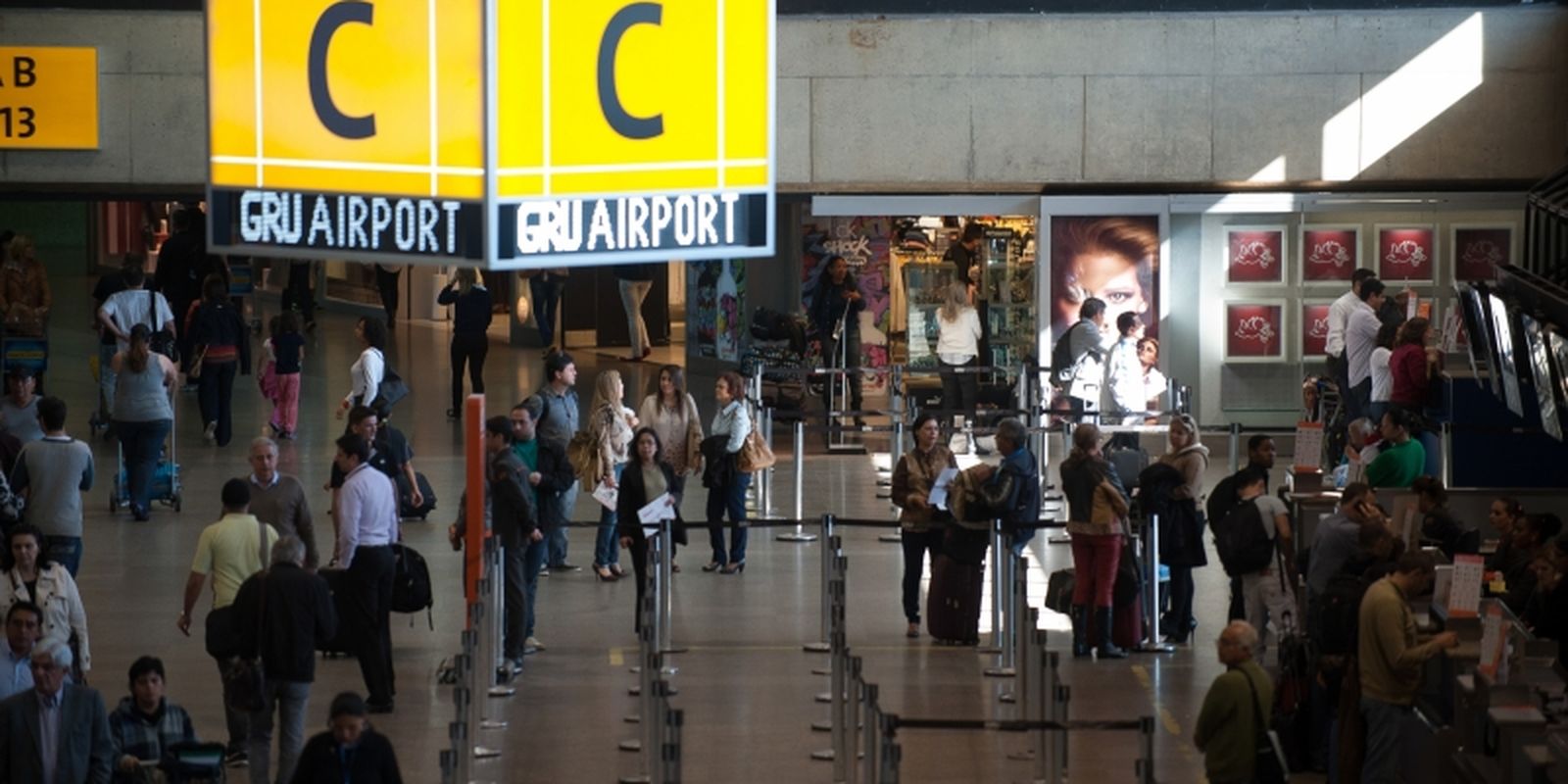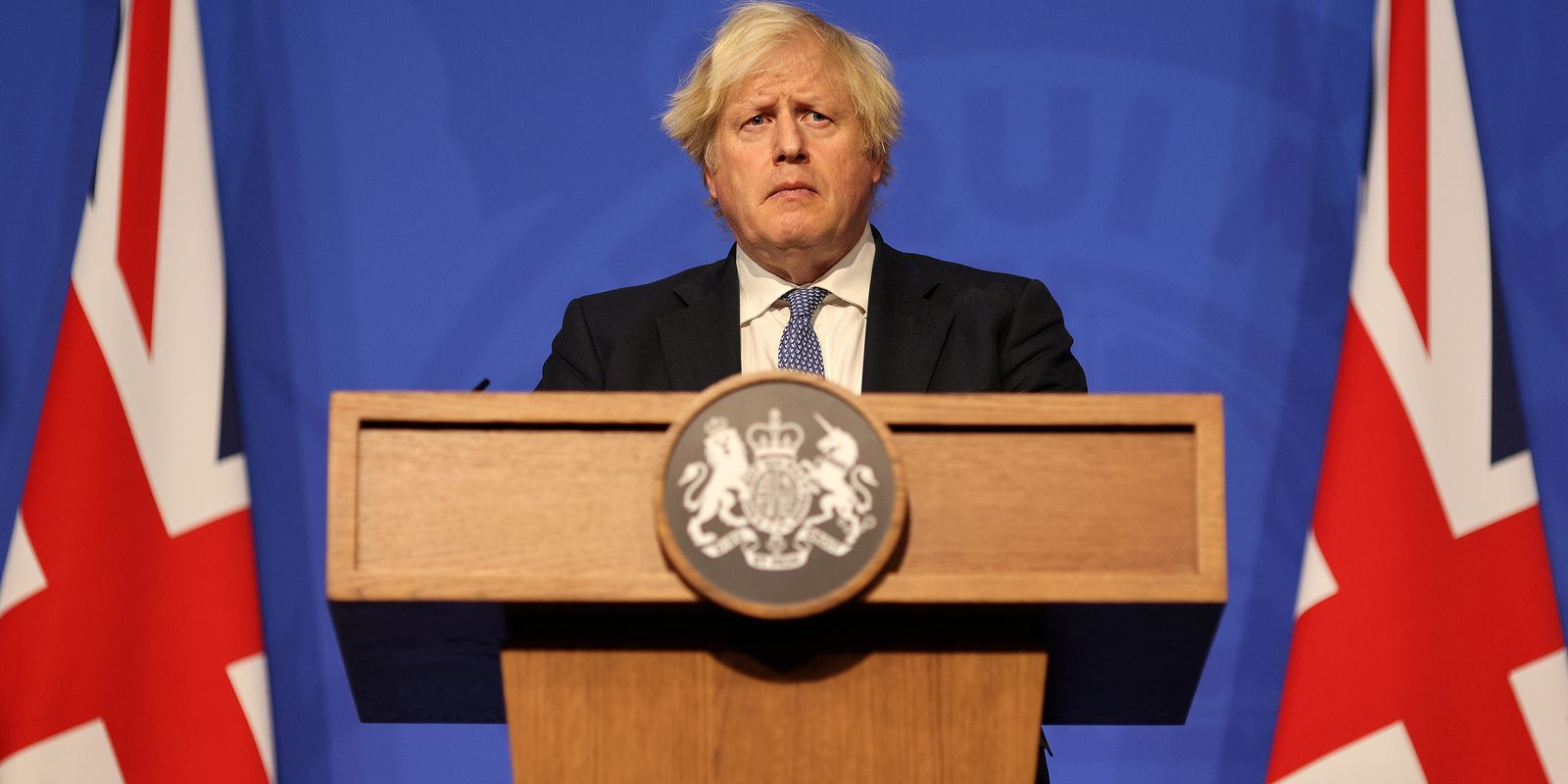Two-thirds of countries in the Americas on Thursday reaffirmed their support for Ukraine in the face of the Russian invasion, in a statement read at the OAS annual assembly, being held in Lima amid protests from ultra-conservative groups .
Brazil, Mexico and Argentina are not among the 24 nations that have signed the document, released during the plenary session of the 52nd General Assembly of the Organization of American States (OAS), the bloc’s main political body .
The text, sponsored by Guatemala, does not, however, constitute a decision by the OAS, which began its assembly on Wednesday with a video message from Ukrainian President Volodymyr Zelensky, asking for support from the region.
“It is crucial that we stand united in condemning Russia’s fraudulent referendums as a violation of international law and unequivocally rejecting any attempt to illegally annex Ukrainian territory,” said US Secretary of State Antony Blinken.
“We hope” that these countries will also support a resolution on the issue which is expected at the UN General Assembly “in the coming weeks”, he added.
On the sidelines of the OAS meeting, Blinken, who is attending the summit after visiting Colombia and Chile, announced more than $240 million in new humanitarian and security assistance to Latin America.
The measure is intended to help countries in the region finance the reception of migrants and refugees, and is in addition to the millions of dollars already paid by the United States for the reception of Venezuelan refugees in these countries, specified the State Department.
– “The OAS is atheist!” –
The rally, the first in person since 2019, is taking place under the slogan “Together against inequality and discrimination”, a progressive agenda rejected by religious right activists in several Latin American countries.
“The OAS is atheist, wants you without God and without family!” Shouted thousands of demonstrators who marched this Thursday for nearly three hours towards the Lima Convention Center, criticizing abortion and “the ideology of the kind”.
Among those demonstrating in defense of “the soul of America” were citizens of Peru, Mexico, El Salvador, Argentina, Costa Rica and Uruguay.
The demands of ultra-conservative groups contrast with the protests of a few years ago against the OAS by left-wing movements, which accused the organization of being an instrument of the United States, a country which contributes more than 50% of the block’s annual budget.
– Nicaragua, Venezuela and Haiti –
Two OAS member countries are not represented in Lima, but were the subject of the annual assembly because of their political situation and human rights: Nicaragua and Venezuela.
On the one hand, the OAS refused this Thursday to examine in its Assembly a draft resolution aimed at revoking the credentials of the representative of Venezuela, who since 2019 has been a delegate of opposition leader Juan Guaidó.
The initiative, promoted by eleven countries led by Antigua and Barbuda, failed to win the support of two-thirds of the OAS’s 34 active members who were to be on the agenda.
Of the 32 countries present, 19 voted in favour, including Argentina, Bolivia, Colombia, Chile and Mexico, as well as Honduras and most of the Caribbean countries.
Four voted against (Canada, United States, Guatemala and Paraguay) and nine abstained (Brazil, Costa Rica, Ecuador, Dominican Republic, El Salvador, Guyana, Haiti, Jamaica and Uruguay).
The draft resolution also asked to “consider” that Venezuela “ceased to be a member” of the OAS on April 27, 2019, the date on which the deadline to formalize the withdrawal notified two years earlier by the government of Nicolás Maduro was respected.
But, according to OAS Secretary General Luis Almagro, Venezuela’s exit process has not been completed due to debts of “a few million dollars”.
In November 2021, Nicaragua announced its departure from the OAS, accusing it of interference, after the organization failed to recognize Ortega’s election. In April 2022, the Nicaraguan government withdrew its representatives from the OAS and expelled the bloc’s representation in Managua.
At this annual meeting, Canada, Antigua and Barbuda, Chile, Costa Rica and the United States are sponsoring a resolution that seeks to hold the Nicaraguan regime accountable for its ongoing human rights abuses.
Washington expects the OAS to reconsider a statement on human rights in Venezuela, where Maduro, in power since 2013, is not recognized by the OAS after his re-election in 2018.
In addition, the assembly plans to debate a resolution on the political and security situation in Haiti, aggravated after the assassination of President Jovenel Moise in July 2021.
In Lima, Blinken took the opportunity to meet with human rights defenders Miriam Cardet and Darcy Borrero Batista, from Cuba; Wendy Flores and Kenya González, from Nicaragua; and Clara Ramirez from Venezuela.
ad/et/ll/rpr/am
© Agence France-Presse

“Freelance communicator. Hardcore web practitioner. Entrepreneur. Total student. Beer ninja.”







